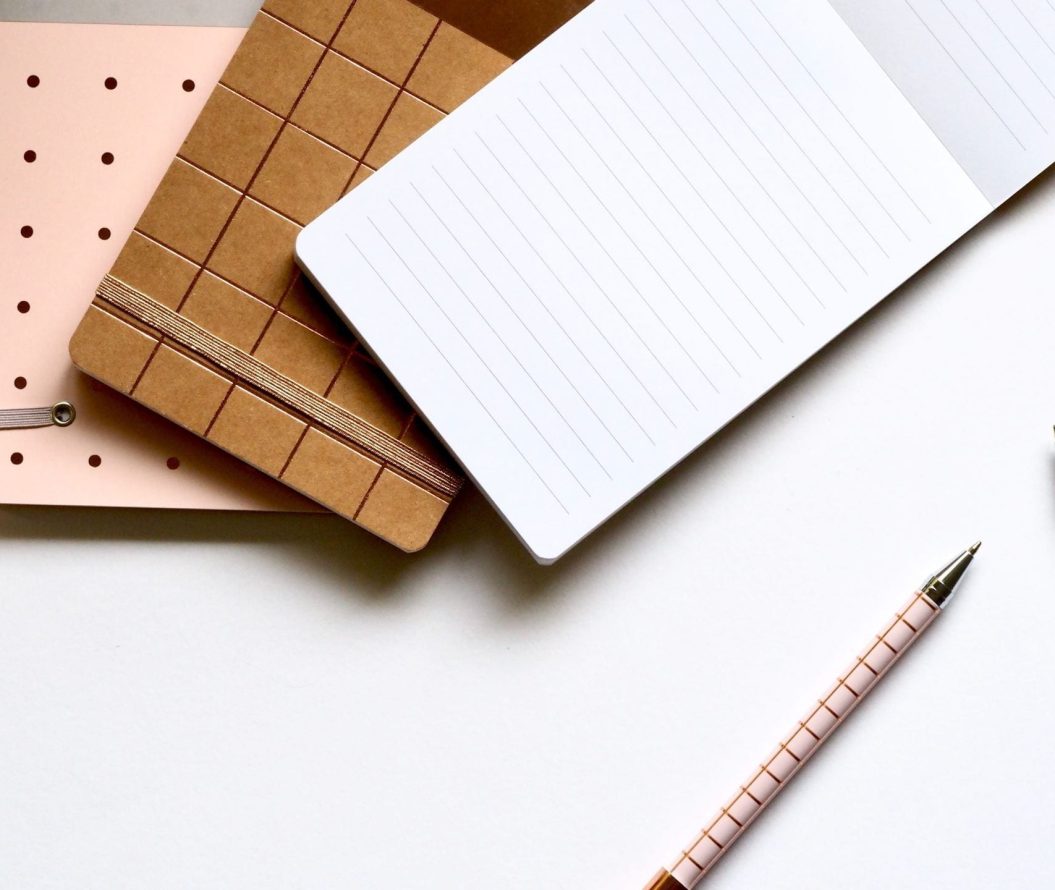Hi, I'm Sophie. I'm a Postgraduate Student studying a Research degree in Media and Cultural Studies. I'm also a photographer and big lover of dogs!

Dissertations are an inevitable part of university life, and they signify coming to the end of your course.
Most often they also make up a large part of your final marks, so it’s important that you have a clear idea of what you’re doing, and plan ahead to limit your stress.
Here are 5 key ways that you can get a head start on your dissertation.
Make a plan
Dissertations can have varied deadlines, and whilst you may think they will be the last thing you will be handing in, sometimes this isn’t the case. Some courses expect dissertations as early as March whilst others are nearer to May or June. Knowing when your deadline is can then help you work backwards and make a schedule of work, accounting for all other final projects and essays.
Ideally, Semester A should be spent finalising your plan and writing first drafts to get early feedback. Semester B, therefore, should be all about perfecting and final touches. Eg, finishing your writing, taking on feedback constructively, and completing the writing process. Remember, referencing and formatting alone make up a large chunk of the grade, so you need to spend time making these solid.
Research early
Whilst you may want to be taking a break during summer, getting an early start on your research is one of the best ways to get a head start on your dissertation overall. You’ll save yourself time during term, and will be able to crack straight on with writing, leaving more space for your other courses too. Start by seeing what already exists, looking for ways that you can add to this with an original spin. Colour code any research into either topics or chapters to help you clearly see which areas may need more sources or backing up, and use this to help form your plan.
Reference as you go
Doing the research is all well and good, but you don’t want to be writing down quotes and then coming back to them months later, not remembering which book it came from, who the author was, or what page it was on. As soon as you think something you have read is useful, write down the exact reference as you will need it (both in-text and bibliography), and begin to form your reference lists. Not only will you clearly see where everything came from, but you will save yourself a lot of work at the end when you already have all your references in order.
Make lots of notes
Dissertations are all about backing up your claims. As you research and begin to form ideas, it can be useful to group these into sections that will tell your future self why you thought this and which references influenced you. This way, you will have argument points clearly laid out, with evidence to back this up, and all you will need to do is fill in the gaps.
Talk about your work
Writing a dissertation has the potential to be a lonely experience, but it doesn’t have to be. Talk about the research and work you are doing with friends and family, or even see who on your course is doing a similar topic or has the same supervisor as you. Discussing your ideas can help open up new ways of thinking, share recommendations or reading sources, and even help to reassure you of any worries you may have.
No matter how your dissertation may go, try to remember that everything is going to get done eventually, so enjoy the journey! It might be the last time you get to fully, academically, focus on a topic of interest, and there’s something quite joyous about that. So start reading, write down your thoughts, and good luck!



